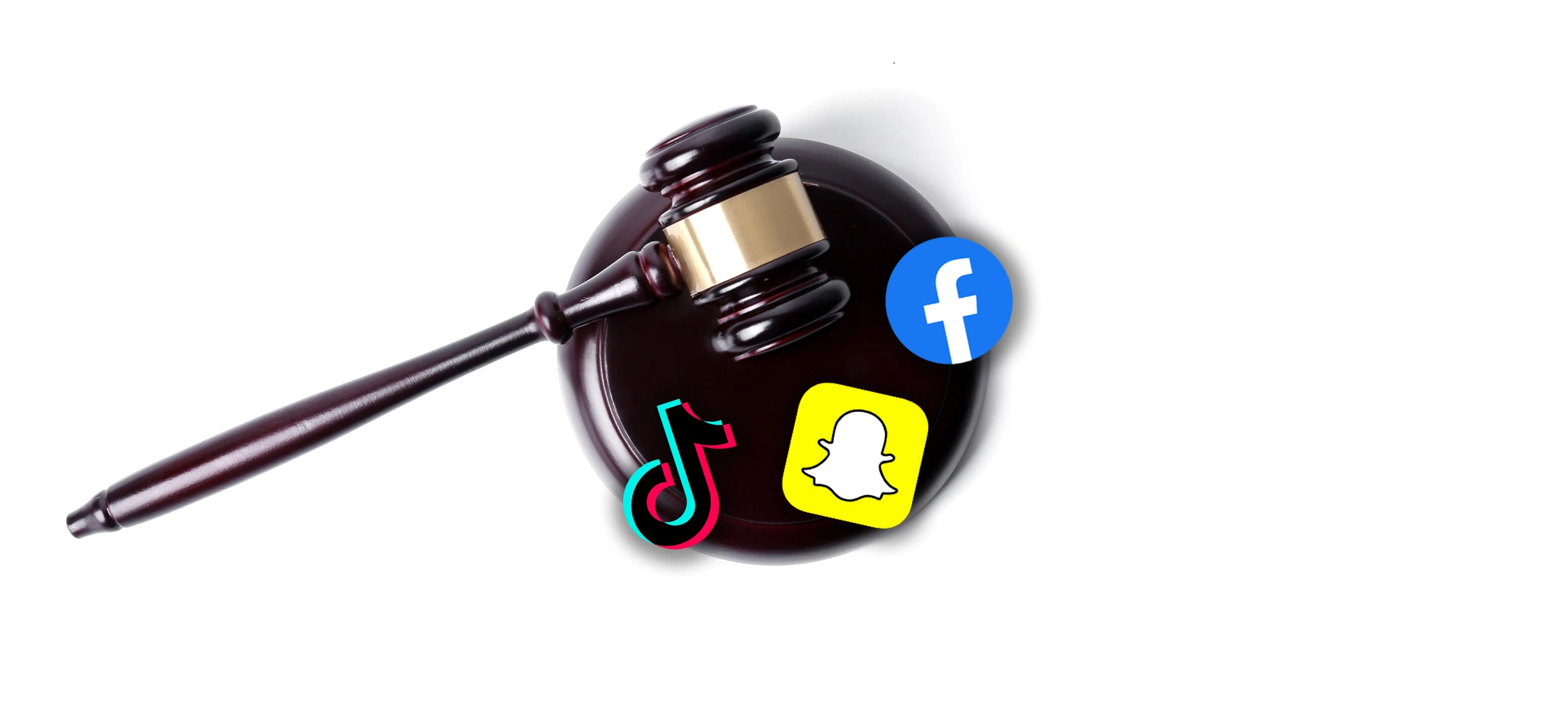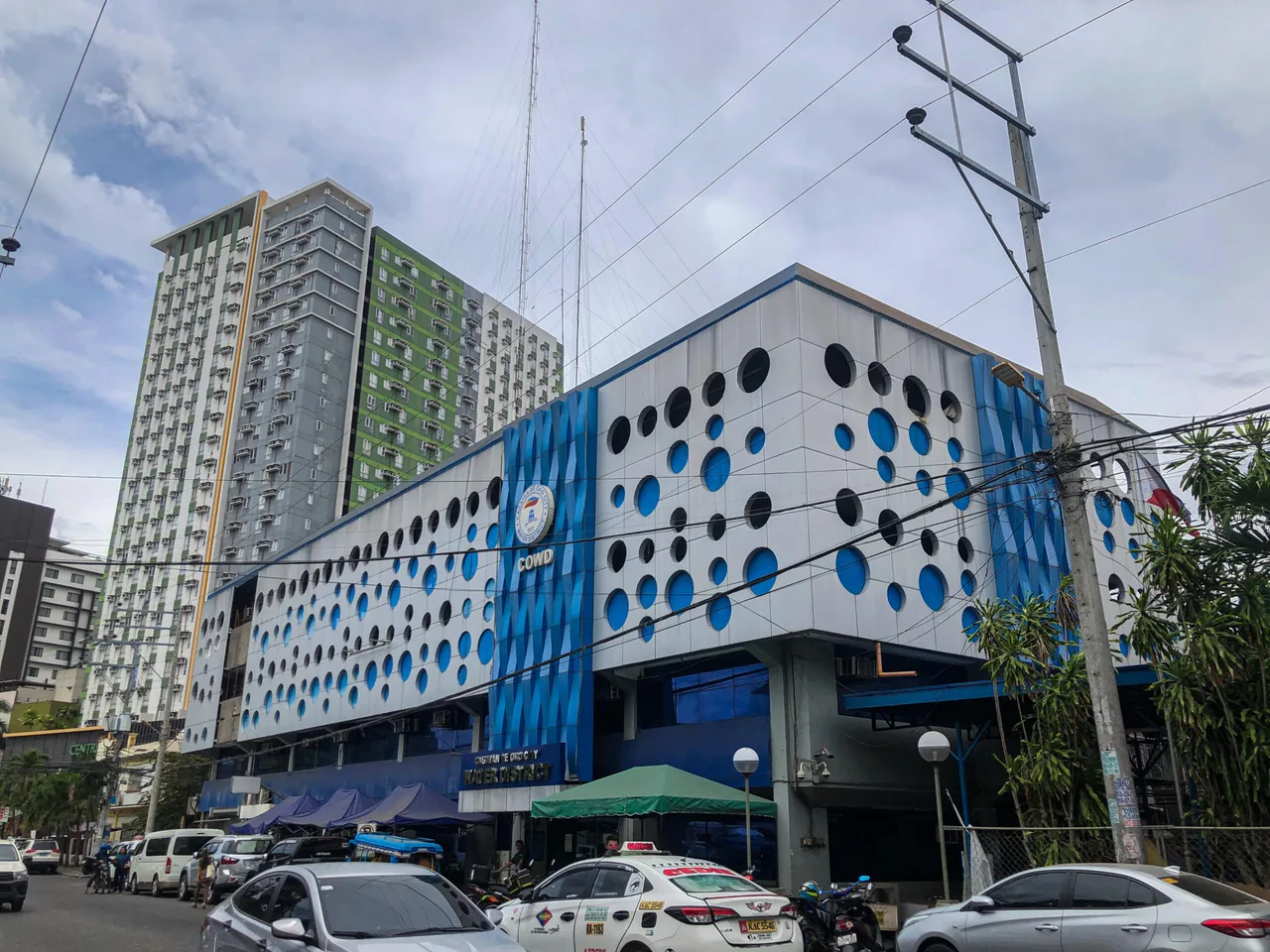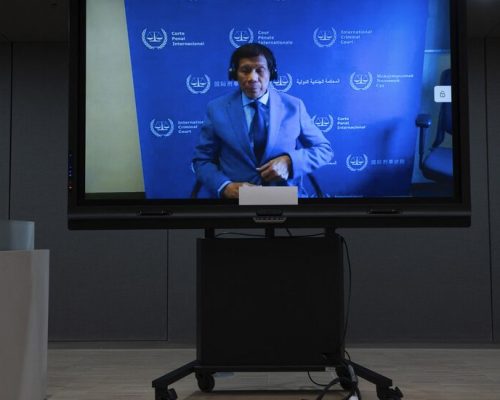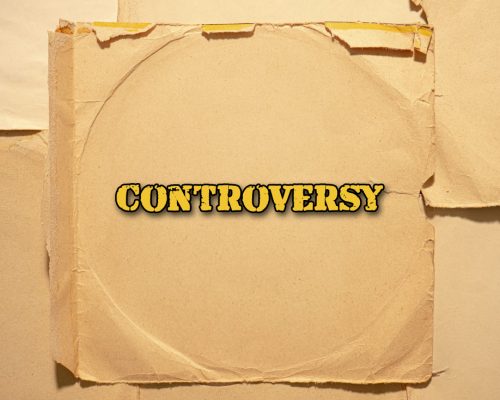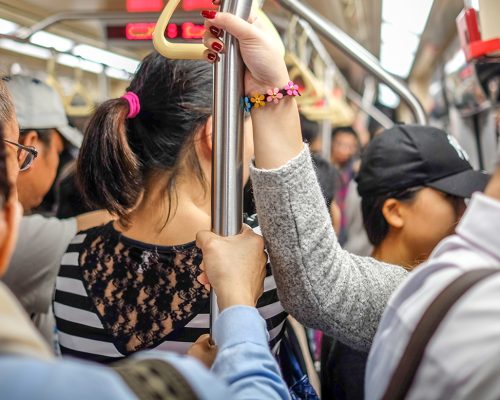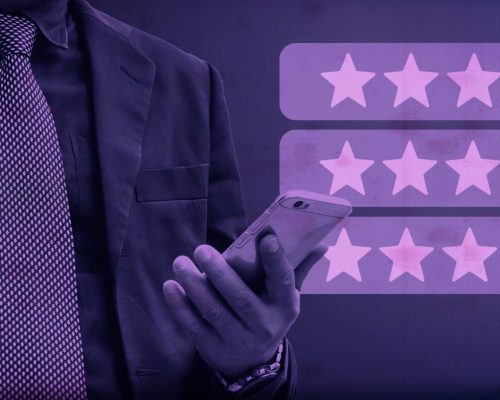Will your children become the reason governments act on their behalf to curb the psychological and social problems inflicted upon them by social media?
Seattle, Washington’s public schools have filed a class action lawsuit against some tech giants – Meta (Facebook, Instagram), Snapchat, Tiktok, and Alphabet – for harming kids in the interest of boosting profits.

They are trying to establish that these companies are a public nuisance and have adversely affected the mental health of kids that use their platforms.
A 2018 National Institutes of Health study found that adolescents who spent more than two hours per day on social media were more likely to report symptoms of depression.
Additionally, a study published in the Journal of Adolescent Health in 2019 found that the use of social media was positively associated with suicidality (i.e., thoughts about or plans for suicide) among adolescents.

Some 15 year old out there might be watching a Tik-Tok video of a young lifestyle influencer. Unbeknownst to her parents — who are too busy to notice acute personality changes — they conveniently allow her to spend hours glued to the brand-new android phone they gave her for Christmas.
She finds herself amused at first but slowly wallows in self-pity as she compares herself to some of her favorite vlogger’s pretend luxuries and lifestyles.
The teenager becomes a recluse, self-absorbed and obsessed with this person’s life, living vicariously through them. Exacerbated by the growing relational problems with her parents and friends, she decides, on a whim, that jumping off the balcony of her parents’ rented pad is the best way to end her misery.
Netflix documentary Social Dilemma uncovered how Tech companies purposely find ways to increase the screen time of their users. Their applications use psychology and social cues to hook someone’s brain to the mental stimulation to keep you from leaving their site.
Like the Tobacco industry before and the Food industry today, there is so much money riding these industries, funds that funnel to the government through grants and campaign contributions.
The influence bought by these funds puts a damper on the issues that affect their constituents, much like what happened during former first lady Michelle Obama’s health awareness campaign.
It started as an eat right and exercise initiative but was whittled down to exercise more because the big food industries were inevitably affected. Their products are inherently unhealthy; thus, lobbying is a recourse to avoid public discourse.
Big Tech has reached that status. Unless there is a direct correlation between social media consumption to teen depression and suicides, there will be some pushback that will relegate such concerns to something close to a footnote.
To a lesser degree, this promises to get buried in their respective platforms using their algorithm as arbiter in content propagation. For example, any discussion about teen demise using TikTok will be pushed down by silly dance videos and dancing cats.
It is important to note that social media use is just one of many risk factors for suicide and other mental health problems among children and adolescents. Other risk factors include a history of trauma or abuse, a family history of mental health problems, and access to firearms.
There is also much good to come out of this social media revolution. It has made the world smaller. Easy access to information has enhanced the young generation’s understanding of the world.
The invaluable experience is having to reconnect with long-lost family and friends. Everyone is figuratively just a stone’s throw away. A click on your screen allows you to see a face you haven’t seen in years.
Finding long-lost relatives has become more accessible, and communications have become much more efficient now.
But like any good thing in life, there has to be moderation. This can only be achieved if regulations are in place. Humans tend to abuse if left to their own devices.
Freedom might be the parent we hide behind to get what we want but what we want is not always good for us. We can say the same thing about this world of unbridled access and stimulation we call social media.
We proceed with caution and let our ability to self-correct take precedence.

